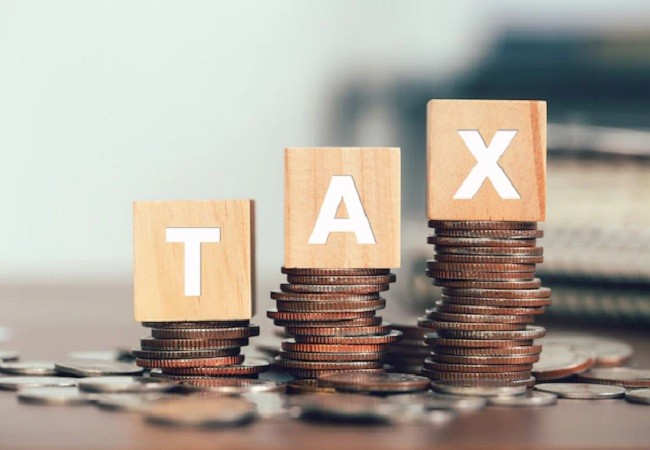The UAE to implement the corporate tax from June 2023

The UAE will implement the corporate tax from June 2023
Corporate tax is the tax levied by the government on the net income or profit earned from a corporate entity's domestic or foreign business.
Corporate tax is not applicable to an individual's salary and other employment income (both public and private). In addition, interest and other income from bank deposits or savings schemes are not subject to corporate tax. Therefore, corporate tax will not have a direct impact on individuals.
The UAE gradually introduced the tax. In 2018, the UAE introduced the first value-added tax to indirectly tax goods and services. Introduced Country Reporting (CBCR) Restrictions in April 2019.
On January 31, 2022, the UAE announced that it was taxing corporations under the corporate tax system. The UAE has introduced the lowest corporate income tax rate in the GCC region at 9%. It is designed to integrate the best practices globally and reduce the burden of compliance in businesses.
The UAE has introduced a federal tax system for all business and commercial activities operating within the seven emirates. Businesses that operate on natural resource extraction do not have to pay corporate tax. Individuals earning income within their means (salary, investment income) will not be subject to corporate tax unless a business license is required for the income-generating activity.
Businesses registered in Free Trade Zones, are enterprises that comply with all regulatory requirements and do not do business with the mainland UAE, However, many believe that corporate taxes indirectly affect the lives of individuals. Therefore, that condition also needs to be considered.
But there is a downside to this corporate tax levy. Higher corporate taxes mean that people are spending money indirectly. Shareholders/owners and employees may have lower incomes or wages and consumers may be affected by higher prices.
According to a 2016 study, shareholders/owners pay approximately 40% of the state business income tax, while employees pay 30 to 35%. While corporate tax increases do not directly affect workers, they do indirectly hurt them by cutting their wages.
In the case of corporations, there must be an understanding that businesses need a sustainable and functional society that contributes to it and that businesses pay far more than corporate taxes. The system should be designed to encourage investment and growth. As the tax in the UAE is only 9%, it does not affect individuals in any indirect way.
In short, as the law directly states, individuals will not be affected by the recent corporate tax introduced in the UAE. The assessment is that the indirect impact on individuals is not worrying as the tax slab is not very severe.
The UAE has announced a new resolution on bank guarantees from private sector employers and employee protection insurance schemes.

